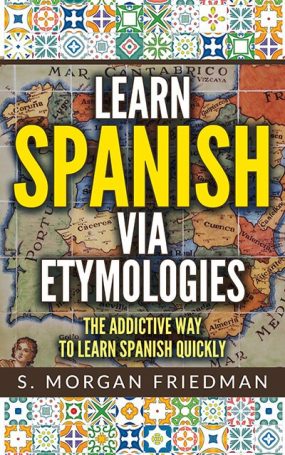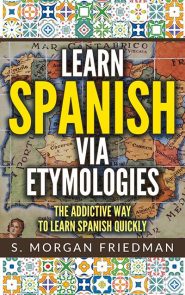 The common Spanish word obra, for “a work” (in the sense of, “a work of art”) or “something done with effort” sounds pretty random at first. But if you think about it…
The common Spanish word obra, for “a work” (in the sense of, “a work of art”) or “something done with effort” sounds pretty random at first. But if you think about it…
Obra comes the Latin opus, meaning “work” (in the same sense). From opus, we get various English words including:
- Opus (obviously) – used in music to mean the same.
- Opera – it was originally just a work of music!
- Maneuver – also related to the Spanish mano, for hand: it is a work you create with your hands, literally!
- Operation – yes, an operation is something you’ve created.


